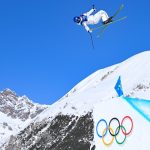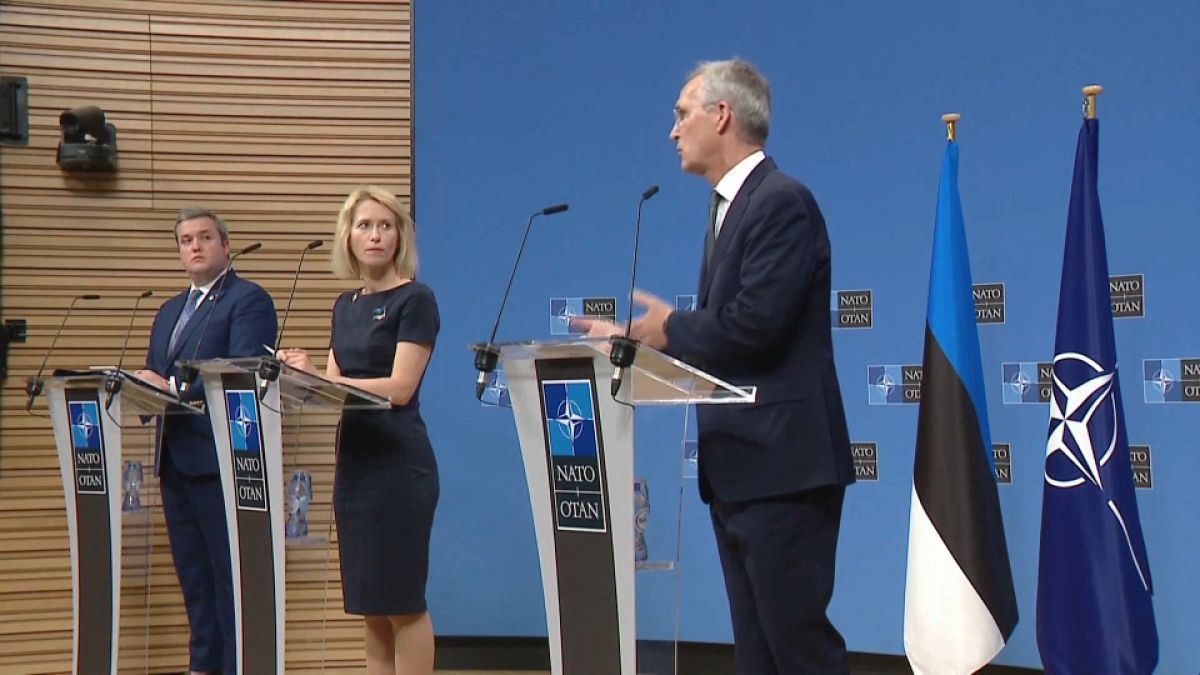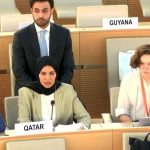Estonian Prime Minister Kaja Kallas has emerged as one of Europe’s most vocal critics of Russia, positioning herself to potentially become the EU’s new foreign policy chief. Kallas recently emphasized the importance of Ukraine’s membership in NATO, urging all member countries to commit to bolstering Ukraine’s army as a duty of solidarity. She stressed that supporting Ukraine in its fight against Russian aggression is crucial in maintaining regional stability and security.
During a joint press conference with NATO Secretary General Jens Stoltenberg in Brussels, Kallas emphasized the need for a long-term strategy to counter and contain Russia’s aggressive actions. Both leaders reiterated NATO’s unwavering support for Ukraine and its commitment to collective defense. Kallas highlighted the increasing threat of hybrid activities by Russia across Europe, including attempts to sabotage infrastructure and arms deliveries.
Since Russia’s invasion of Ukraine in February 2022, Kallas has been actively advocating for the EU to impose sanctions on the Kremlin, provide military support to Ukraine, and enhance the bloc’s defense capabilities. Stoltenberg welcomed Mark Rutte as NATO’s new Secretary General, praising his experience and ability to build consensus. Rutte has been a strong supporter of Ukraine’s right to defend itself and sought the top NATO job partly because of the ongoing crisis in Ukraine.
Ukrainian President Volodymyr Zelenskyy recently called on EU leaders to fulfill their pledges to provide military equipment to his country, which is facing a dire humanitarian crisis due to the ongoing conflict with Russia. Zelenskyy stressed the urgency of receiving air defense systems and other essential equipment on the battlefield. As Ukraine engages in membership talks with the EU, the need for immediate military assistance has become increasingly pressing.
The EU summit in Brussels provided a platform for discussions on providing further military support to Ukraine, with Zelenskyy underscoring the critical need for equipment, weapons, and ammunition. The EU leaders acknowledged the urgency of the situation and pledged to work on the next steps to ensure that Ukraine receives the necessary support to defend itself against Russian aggression. Zelenskyy expressed gratitude to countries that have offered assistance and emphasized the importance of swift delivery to address the escalating crisis in his country.
As tensions between Russia and Ukraine continue to escalate, the role of European leaders such as Kallas and Rutte in advocating for Ukraine’s security and territorial integrity has become increasingly significant. The EU’s support for Ukraine reflects a commitment to upholding democratic values and defending against external aggression. By prioritizing military assistance and collective defense measures, European leaders aim to deter further Russian aggression and promote stability in the region.










